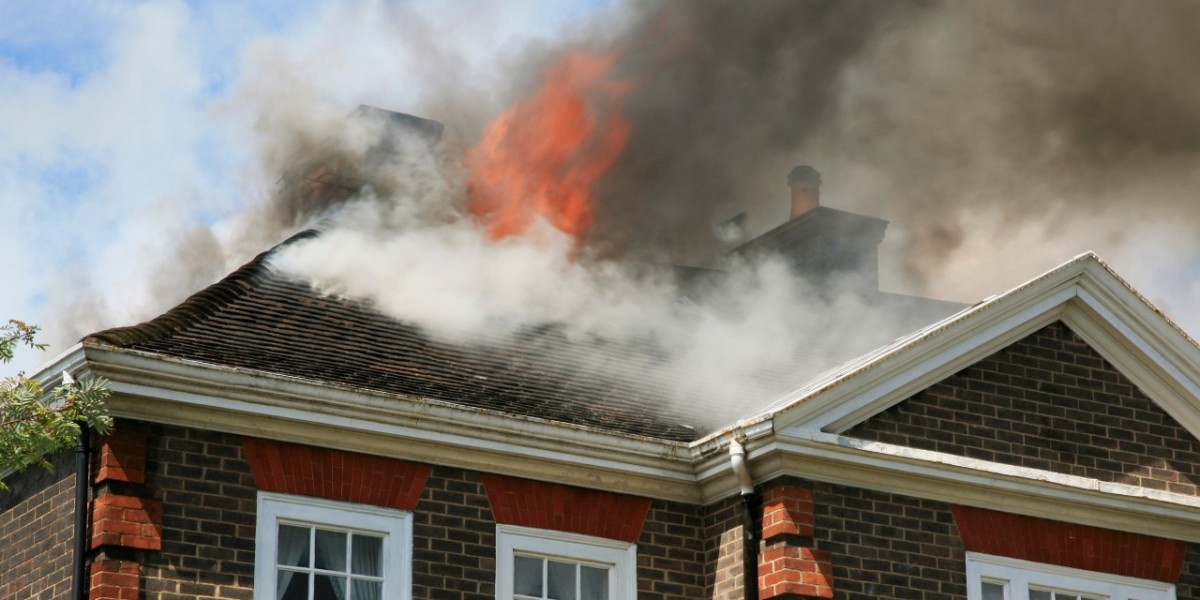Fireplaces bring warmth and comfort to a home, but a neglected chimney can quickly turn from cozy to dangerous. Many homeowners overlook chimney maintenance until problems arise. The truth is, recognizing the signs of a dirty chimney early can save you from costly repairs and serious safety hazards.
In this guide, we’ll explain how to spot when your chimney needs cleaning, why hiring Local Chimney Sweep services is essential, and how trusted providers like AAA Air Duct Cleaning keep your home safe and efficient.
Why Chimney Cleaning Matters
A chimney’s main job is to safely vent smoke and gases from your fireplace. When it becomes dirty or clogged, it no longer works as intended. This leads to:
Creosote buildup, a flammable substance that can cause fires.
Poor airflow, leading to smoke inside your home.
Carbon monoxide risks, which can be life-threatening.
Structural damage, caused by moisture, soot, and debris.
Regular cleaning from professionals ensures your chimney does its job safely.
Common Signs of a Dirty Chimney
Here are the most noticeable red flags that your chimney needs attention:
1. Black Creosote or Soot Buildup
One of the clearest signs is thick black deposits inside the fireplace or chimney walls. Creosote is sticky, highly flammable, and dangerous if ignored. Even a small buildup can spark a chimney fire.
2. Smoky Odors Indoors
Does your living room smell like smoke, even when the fireplace isn’t burning? That’s often a warning of a clogged chimney. A dirty chimney traps odors that seep back into your home.
3. Smoke Fills the Room
When you light a fire and smoke pours into your home instead of up the chimney, that’s a sign of a blockage. Birds’ nests, soot, or creosote may be the cause.
4. Poorly Burning Fires
A fire that struggles to stay lit, produces little heat, or burns unevenly often means your chimney isn’t drafting properly. Dirty chimneys restrict airflow, starving the fire of oxygen.
5. Oily Spots on Fireplace Walls
Dark, oily marks on the inside walls of your fireplace suggest creosote buildup. This sticky residue builds layer by layer if the chimney isn’t cleaned regularly.
6. Excessive Ash or Debris
If you notice a large amount of ash, soot, or even fallen masonry inside your fireplace, it’s time for an inspection. These are signs of both dirt and possible damage.
7. Animal Nests or Droppings
Birds, squirrels, and raccoons sometimes make chimneys their homes. Nesting materials not only block airflow but also pose fire risks.
8. White Stains on the Chimney Exterior
Known as efflorescence, these white deposits indicate moisture problems. A dirty, clogged, or damaged chimney often traps water, which leaves salt deposits on the bricks.
9. Strong Campfire Smell Indoors
If your living room smells like you’re constantly around a campfire, even without using the fireplace, creosote buildup could be the culprit.
10. Visible Tar-Like Glaze
A shiny, tar-like glaze inside your chimney means Stage 3 creosote buildup—a severe hazard that requires professional removal.
Dangers of Ignoring a Dirty Chimney
Overlooking chimney cleaning can lead to severe issues, including:
Chimney fires – Creosote can ignite and spread rapidly.
Carbon monoxide leaks – A blocked chimney can push toxic gas back into your home.
Costly repairs – Structural damage, cracks, and leaks get worse over time.
Reduced heating efficiency – More wood is burned for less heat.
Hiring Local Chimney Sweep services ensures these risks are minimized.
How Often Should You Clean Your Chimney?
Experts recommend at least one professional cleaning each year, ideally before winter. However, you may need more frequent cleanings if:
You burn wood daily during cold months.
You notice any of the warning signs above.
Your chimney hasn’t been cleaned in over a year.
Companies like AAA Air Duct Cleaning offer flexible scheduling to keep your chimney safe year-round.
Why Hire Local Chimney Sweep Services?
You may be tempted to try DIY chimney cleaning, but professionals bring experience and tools that make a big difference.
Benefits of hiring local experts:
Thorough cleaning – Removing creosote and blockages completely.
Professional inspections – Identifying hidden cracks or leaks.
Safety-first approach – Using protective gear and equipment.
Convenient service – Faster scheduling and emergency availability.
Long-term savings – Preventing damage and costly repairs.
Trusted providers like AAA Air Duct Cleaning not only handle chimneys but also offer air duct cleaning for complete indoor air safety.
Chimney Sweep vs. Air Duct Cleaning
Many companies, including AAA Air Duct Cleaning, provide both services. Here’s how they complement each other:
Chimney sweep – Removes soot, creosote, and blockages from fireplaces.
Air duct cleaning – Clears dust, allergens, and debris from HVAC systems.
Together, they improve air quality, reduce fire hazards, and make your home safer and healthier.
How to Prevent a Dirty Chimney
While annual cleanings are essential, you can also minimize buildup with simple habits:
Burn dry, seasoned wood instead of green wood.
Avoid burning trash, cardboard, or painted wood.
Install a chimney cap to keep animals and debris out.
Schedule annual inspections before the heating season.
These steps reduce creosote and extend the life of your chimney.
Final Thoughts
So, what are the signs of a dirty chimney? From smoky odors to creosote buildup and poor-burning fires, the warning signs are often easy to spot if you know what to look for. Ignoring them puts your home and family at risk.
That’s why hiring Local Chimney Sweep services is worth it. Professionals like AAA Air Duct Cleaning provide thorough cleaning, reliable inspections, and peace of mind. Compared to the dangers of chimney fires or costly damage, the investment in regular cleaning is small but critical.








